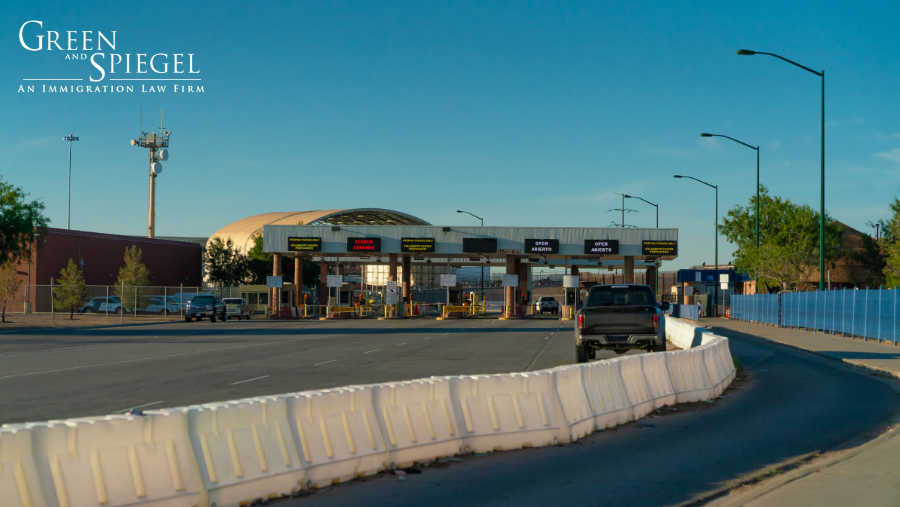President Joe Biden and Vice President Kamala Harris are poised to present a comprehensive and compassionate immigration reform package to Congress for passage on the first day of their historic Administration. The comprehensive plan to grant status to over ten million undocumented immigrants currently in the United States will be the most anticipated legislative reform package in years.
Most importantly, the plan will grant DACA recipients—known as “dreamers”–full legal status in the United States. The plan calls for those who currently hold DACA status to be given the opportunity to immediately apply for lawful permanent residency. This expedited plan for residency will also apply to those maintaining Temporary Protected Status.
Moreover, the proposed plan calls for granting undocumented immigrants, who are physically present in the United States on January 1, 2021, an eight-year path to citizenship. The initial step calls for a five-year temporary residency, followed by a three-year period of residency before being eligible for citizenship. Approval of residency status would be contingent on the successful completion of criminal background checks and payment of taxes.
These proposed changes will only apply to immigrants currently physically present in the United States. This temporal limitation is intended to blunt any short-term increase in migration into the United States with the sole purpose of obtaining benefits.
Indeed, for those arriving at the southern U.S. border after January 1, 2021, President Biden intends to make the asylum process a more humane and orderly process. The Biden-Harris Administration intends to address the underlying causes of migration including safety and economic issues through international support to Central American countries.
The proposed legislation is a complete change from the harsh limitations placed on immigration processes by the prior Administration. While any changes must be approved by the House of Representatives and the Senate, the Administration is confident that substantive and family-focused changes can be made to U.S. immigration laws that have gone unaddressed for decades.
**This information will be updated as additional details are announced**




